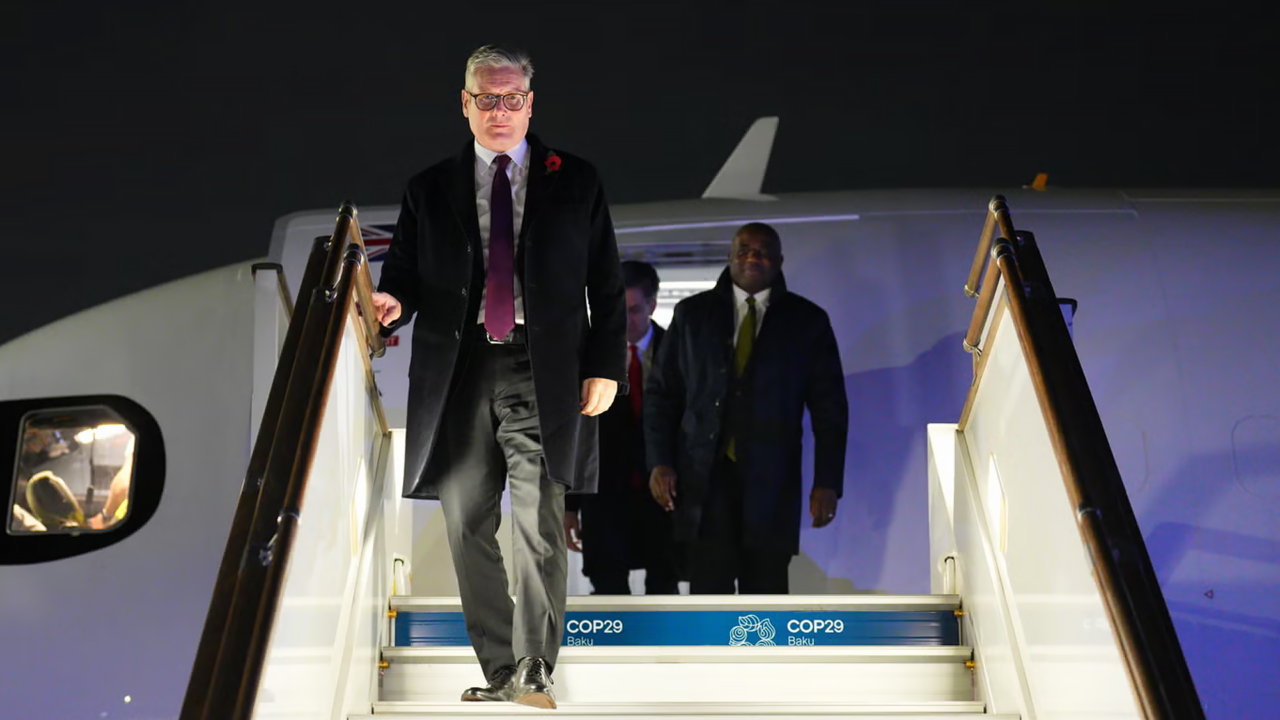The Prime Minister’s goals may be loud, but is anyone listening?
Prime Minister Keir Starmer’s commitment for the UK to slash greenhouse gas emissions by 81% by 2035 at the COP29 climate summit has been hailed by some as a brave push for climate leadership.
The pledge is marginally more ambitious than the current target of a 78% reduction measured against 1990 levels and aligns with recommendations from Britain’s climate advisers.
But beyond bold targets and polished speeches, Starmer’s environmental goals lack much in the way of a ‘how’.
Starmer’s declaration of intent arrives at a time when international climate cooperation teeters on a knife’s edge. Both the United States and China – the world’s largest carbon emitters – did not bother to attend this year’s COP summit in Azerbaijan.
Ahead of a second Trump term, an ominous question mark hangs above climate initiatives. The President-elect has remained vocal about his stance on global warming, repeatedly dismissing plans to invest in the planet and calling out climate change as a hoax on multiple occasions.
During his first term, Trump even pulled the US out of the Paris Agreement.
This alarmist attitude toward environmental policy paints a grave picture for its future.
But despite lofty visions for the years to come, Starmer’s plan to actually carry out changes remains unclear.
When questioned about how such a drastic reduction in emissions would be accomplished without upending the everyday lives of British citizens, his response was disappointingly vague.
‘What we’re not going to do, is start telling people how to live their lives. We’re not going to start dictating to people what they do,’ the Prime Minister said.
But climate action cannot rest on good intentions and platitudes. To meet a target as ambitious as an 81% cut by 2035, profound changes are unavoidable.
It means transforming everything from the energy sector to transportation, agriculture, and industrial processes. It demands billions in investment, innovation, and, inevitably, sacrifice.




















